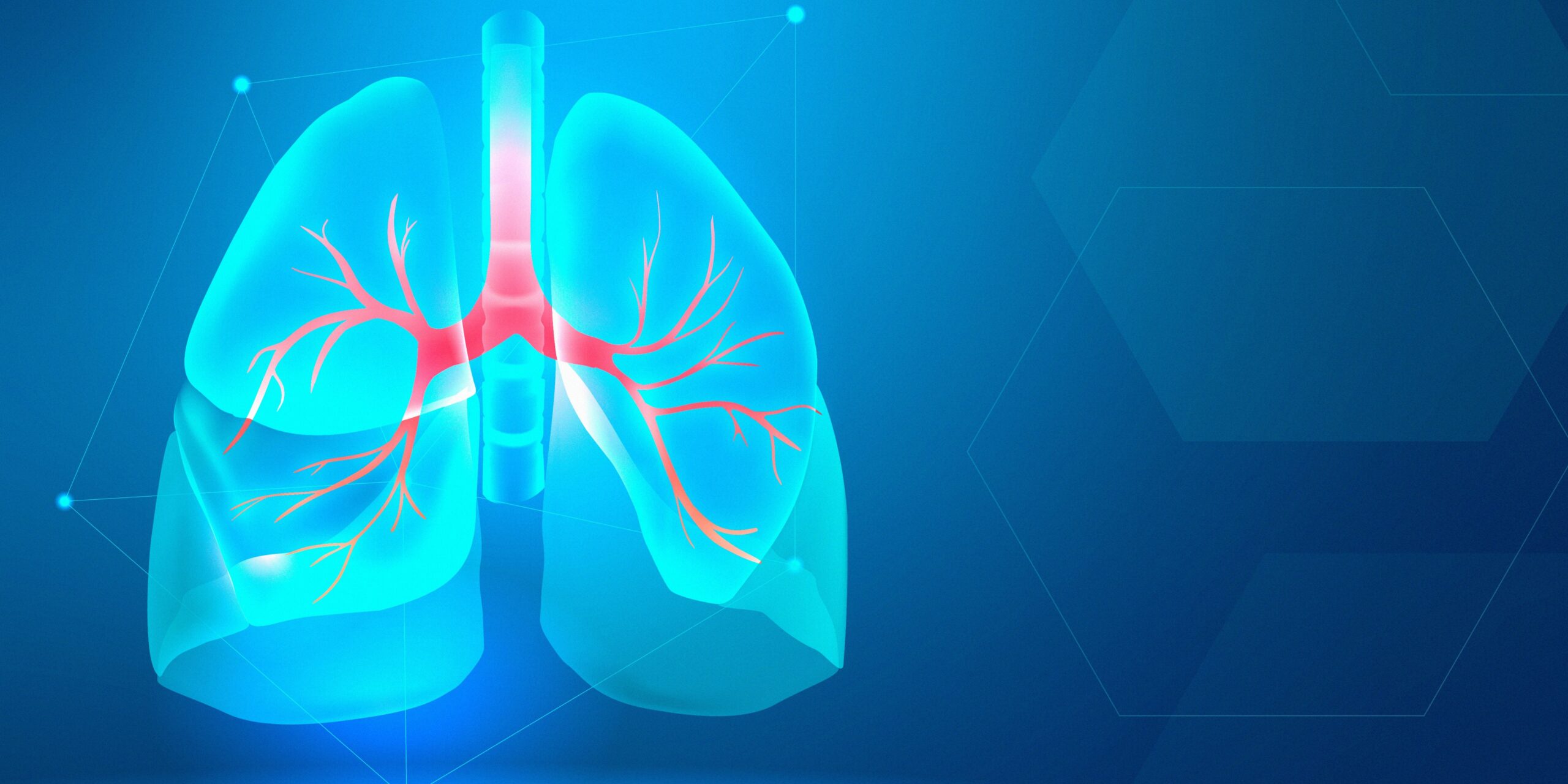
Pulmonary fibrosis is a condition that affects the lungs, causing them to become scarred and stiff, which can make it difficult to breathe and can lead to a range of serious health problems. It is a progressive disease, meaning it gets worse over time, and there is no cure for it.
There are many possible causes of pulmonary fibrosis, including environmental factors such as exposure to certain chemicals, radiation, and infections. Certain medical conditions, such as autoimmune diseases and genetic disorders, can also lead to pulmonary fibrosis.
The most common symptoms of pulmonary fibrosis include shortness of breath, chronic cough, fatigue, and chest discomfort. These symptoms can worsen over time and make it difficult for patients to carry out their daily activities.
Pulmonary fibrosis can be difficult to diagnose, as its symptoms can be similar to those of other respiratory conditions. Doctors will typically perform a physical exam, chest X- rays, pulmonary function tests, and possibly a CT scan or biopsy to determine if pulmonary fibrosis is present.
While there is no cure for pulmonary fibrosis, there are treatments available that can help manage symptoms and slow the progression of the disease. These may include oxygen therapy, pulmonary rehabilitation, and medications like corticosteroids and immunosuppressants.
The prognosis for pulmonary fibrosis can vary depending on the severity of the disease and the age and overall health of the patient. In general, the disease tends to progress slowly, with patients experiencing a gradual decline in lung function over time.
Living with pulmonary fibrosis can be challenging, both physically and emotionally. Support groups and counseling services are available for those affected by the disease, and many organizations offer resources and information for patients and their families.
Prevention of pulmonary fibrosis involves avoiding exposure to known environmental factors that can cause the disease, such as certain chemicals and toxins. Quitting smoking and maintaining a healthy lifestyle can also help reduce the risk of developing pulmonary fibrosis.
Pulmonary fibrosis is a serious and progressive disease that affects the lungs. Understanding the causes, symptoms, and treatments available can help those affected by the disease manage their symptoms and maintain a good quality of life. If you or someone you know is experiencing symptoms of pulmonary fibrosis, it is important to speak with a doctor for proper diagnosis and treatment.
WhatsApp us